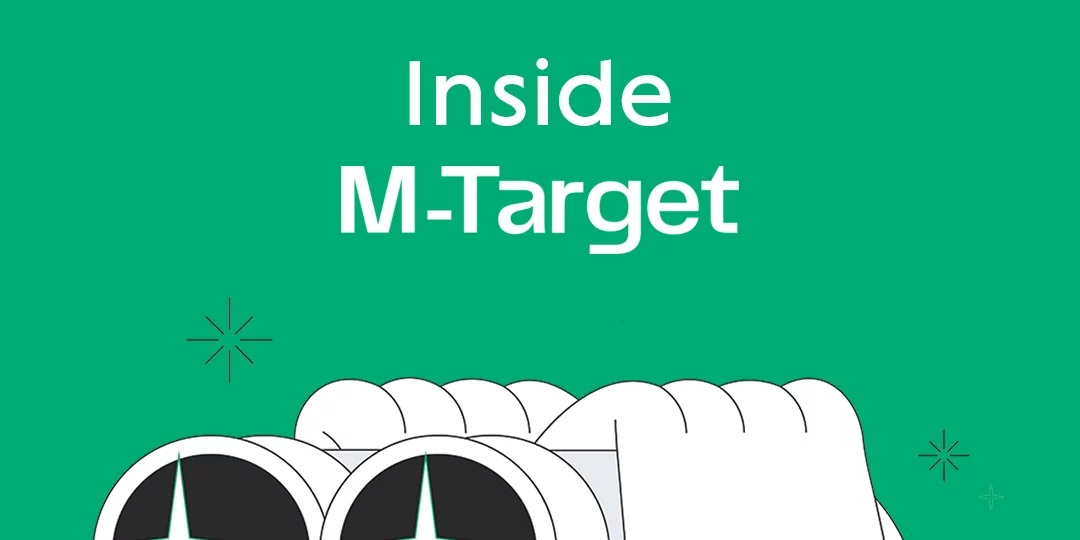Just because an SMS leaves doesn’t mean it’s arrived. Behind every message sent via M Target is a global network of connections, negotiations, tests, local rules and vigilance against fraud. This is precisely where Conor O’DEA, Head of Carrier Relations, comes in, playing an essential, if often invisible, role. He opens the doors to his profession, at the heart of the messaging technical and commercial value chain.
Conor, can you tell us who you are and what exactly you do at M Target?
I’m Head of Carrier Relations. My role is to manage all our connections with telecom operators and aggregator partners worldwide. The aim: to find the best routes for sending SMS or voice messages with the best quality and at the best price.
In practical terms, what does "managing SMS routes" mean?
It’s a business of sourcing, negotiation and constant verification.
We talk to operators in the target countries, but also to other aggregators like ourselves. Once we have an opportunity, we negotiate prices, set up the connection, and above all, we test quality: speed of delivery, respect for the sender, integrity of the message, and so on.
Why is this a strategic department for an aggregator?
Because the quality of your routes is directly related to the customer’s perception of them. If a route is poor, messages arrive late, are modified or aren’t delivered at all, and your brand image suffers.
Our mission is to ensure that every message sent via M Target reaches its destination quickly, with the right content, the right sender, and in the right way. We do everything in our power to select, test and monitor our routes on a daily basis, and offer the most reliable, high-performance solutions for each destination.
What's a "good" road?
A good route is one that delivers messages exactly as they were sent, without modifying the sender, delaying transmission or blocking content.
A bad route, on the other hand, can divert the sender, modify the text, or not deliver at all. And it can be invisible without extensive testing.
Precisely how do you ensure that messages arrive?
We work with very precise KPIs (delivery rate, latency, error rate, etc.), but we don’t just rely on data. We regularly test routes manually, on different destinations, with different message types, to spot problems that the stats don’t show.
And to avoid fraud or "grey" roads?
The rule is “Trust but verify”. We only work with reliable partners, but even then, we don’t take anything for granted. We monitor continuously. Fraudulent routes, or so-called AIT (Artificially Inflated Traffic) routes, are a real issue. These are practices where players artificially inflate traffic to generate revenue, without any value for the end customer.
Are relationships with operators really key?
Yes, absolutely. A good direct relationship with an operator is what makes the difference when there’s a breakdown, a regulatory change or a negotiation to be conducted.
This is also where specific solutions are developed, such as the RCS connections, Sender ID registers, or local anti-fraud systems.
What are the biggest challenges today?
One of the biggest is managing Sender IDs. Each country, and sometimes each operator, has its own rules: compulsory registration, deadlines, authorized formats… It’s a lot to manage, but essential.
What’s more, prices are rising sharply in some countries. As a result, we’re seeing more attempts at fraud or AIT, which further complicates management.
Are you seeing an evolution with the arrival of OTT messaging services like WhatsApp?
Yes, clearly. Even though A2P SMS is still growing strongly, we’re also developing alternative connections: WhatsApp, Facebook Messenger, and above all RCS which is very promising.
We’re keeping a close eye on the evolution of these channels, because the future of messaging is bound to be multi-channel.
Are there big differences between markets? France vs. the rest of the world?
Yes. In France, it’s very specific:
- Marketing campaigns must use 36xxx short codes,
- Notifications are sent via 38xxx,
- And our Time2Chat product is based on a unique range of 09 numbers, which is quite rare.
Elsewhere, this kind of distinction doesn’t always exist, or the rules change completely from one country to another.
Finally, what message would you like to pass on to your customers or partners?
We work hard every day to get you the best connections at the best price.
All this often invisible work has a direct impact on the performance of your campaigns. It’s our job to simplify yours.
A final word?
I’d just like to say that sending SMS sounds simple, but in reality, it’s a whole job to make sure that every message arrives fast, intact and in the right place.
And a little anecdote: I first presented the RCS to customers in 2011. At the time, it still seemed like a far-off gamble. It took years for the ecosystem to follow: operators, devices, standards…
But today RCS is gradually establishing itself as a natural extension of SMS, with greater interactivity, richer content and real conversational potential.
We’re delighted to be one of the players who believed in it from the outset, and who are putting it into practice today.
